



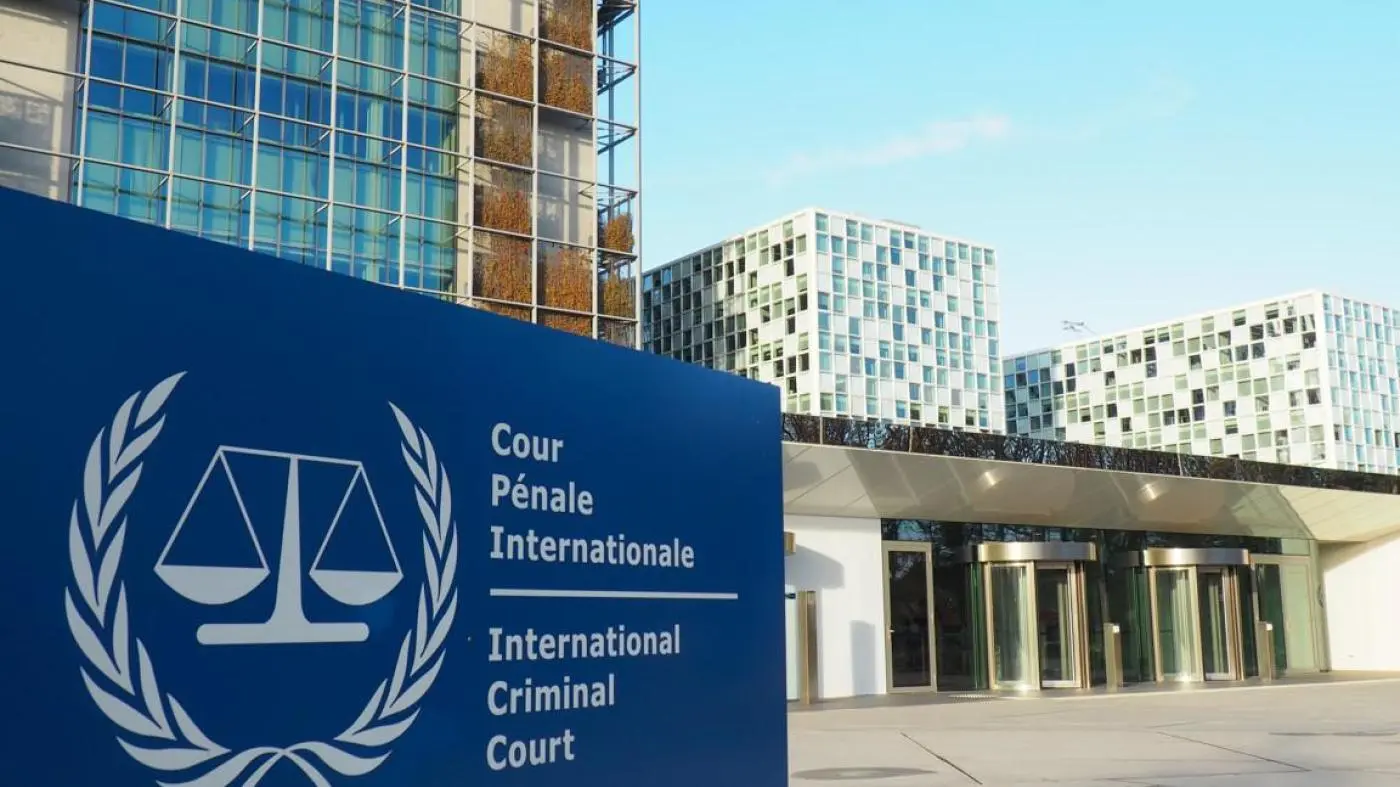

Copyright infringement not intended
Picture Courtesy: www.hrw.org
Context: Armenia's Parliament voted to join the International Criminal Court (ICC), a move that strained its relationship with Russia. The decision was primarily based on Armenia's concerns about alleged aggression from Azerbaijan.
Key Highlights
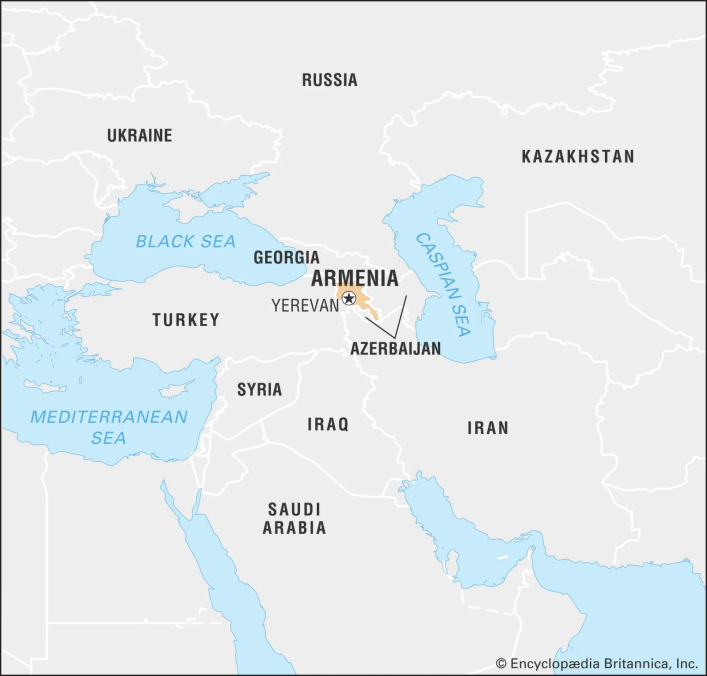
Must Read Articles:
INTERNATIONAL CRIMINAL COURT: https://www.iasgyan.in/daily-current-affairs/international-criminal-court
International Criminal Court (ICC): https://www.iasgyan.in/daily-current-affairs/international-criminal-court-icc
NAGORNO-KARABAKH CONFLICT: https://www.iasgyan.in/daily-current-affairs/nagorno-karabakh-conflict-45
|
PRACTICE QUESTION Q. What is the role of the International Criminal Court (ICC) in addressing allegations of war crimes and human rights violations, and how does it impact international diplomacy and accountability for leaders involved in such crimes? |






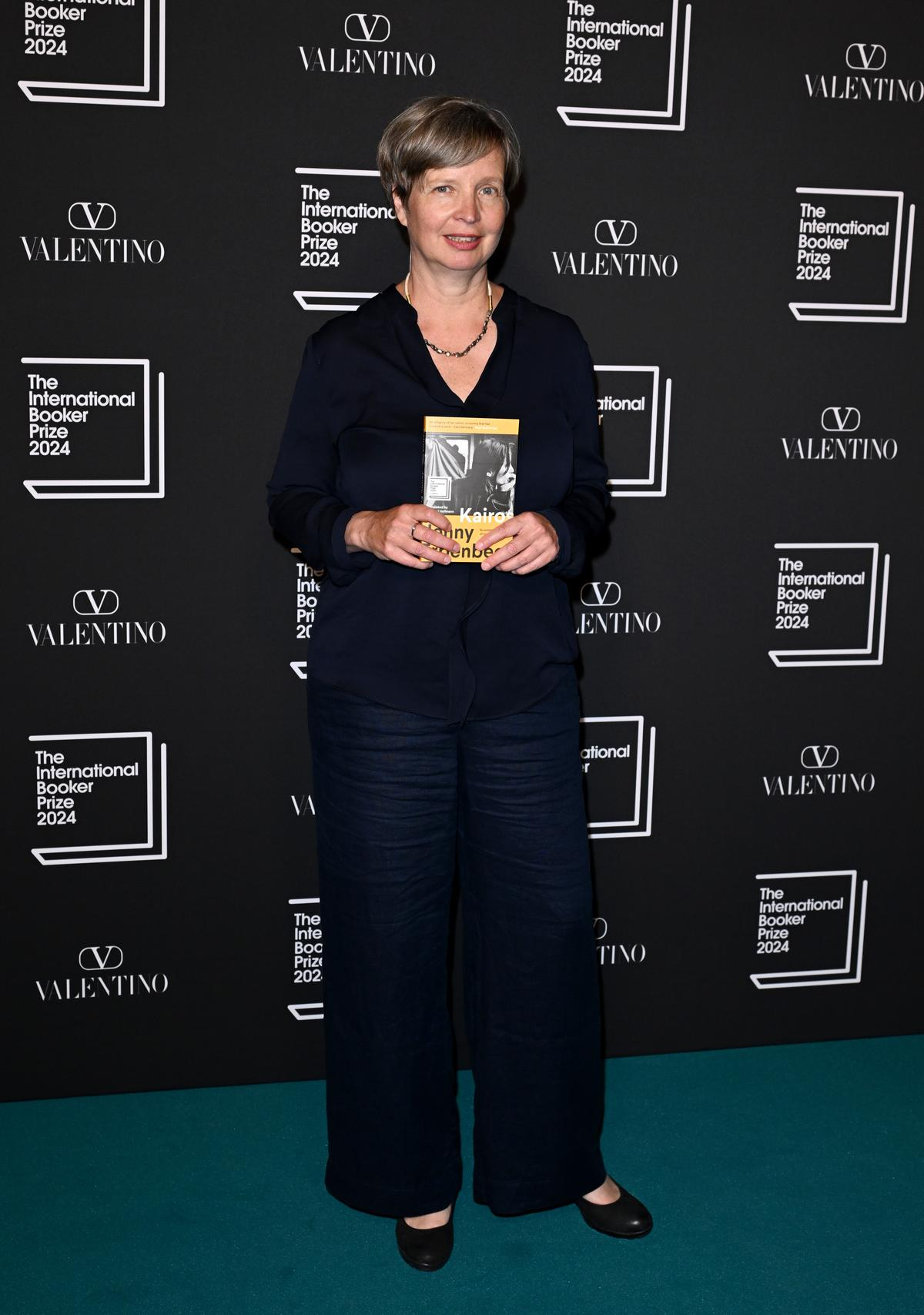
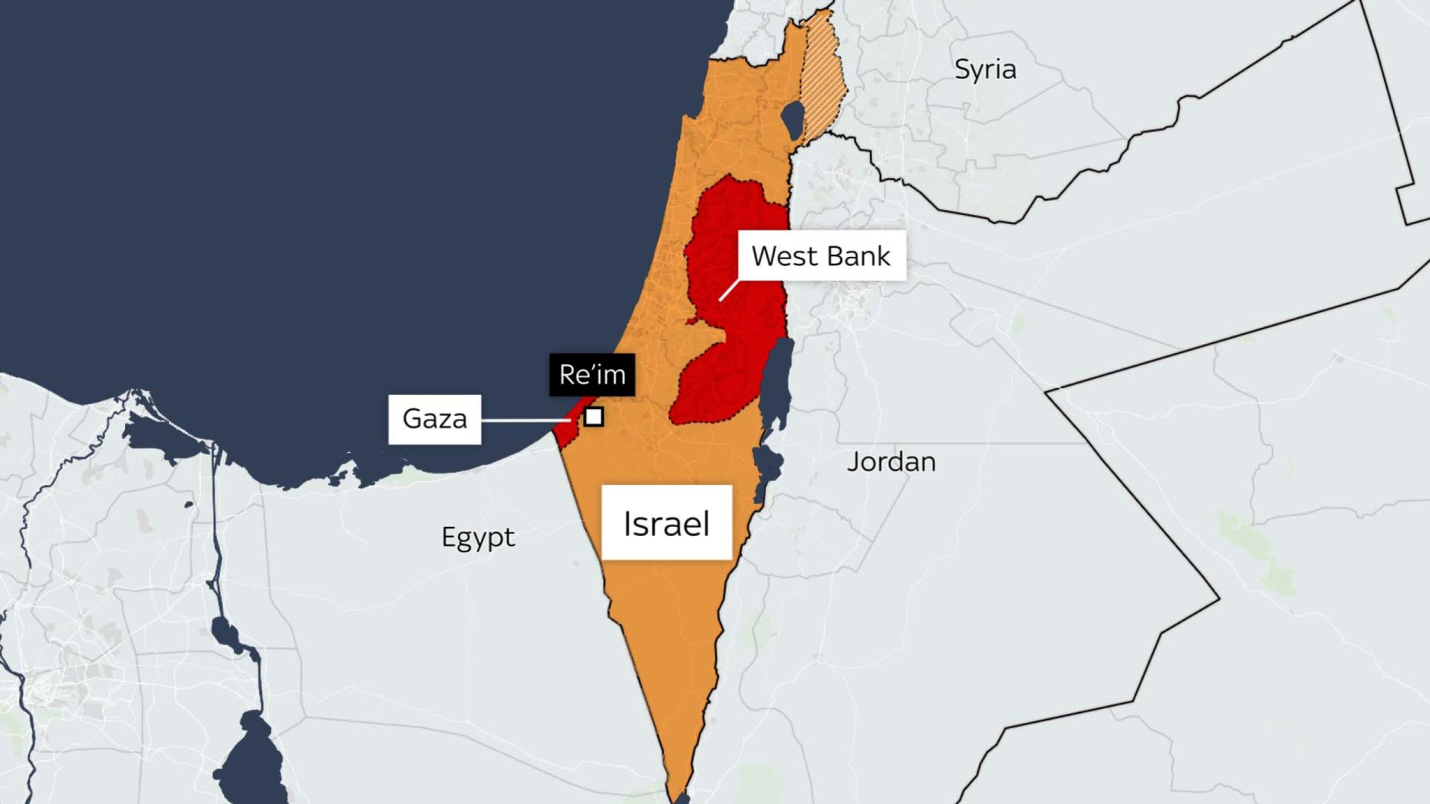
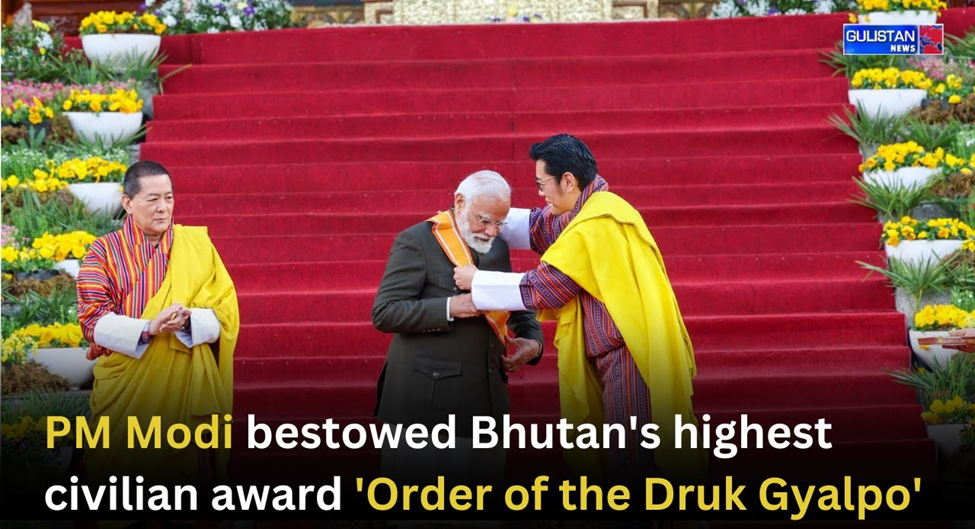
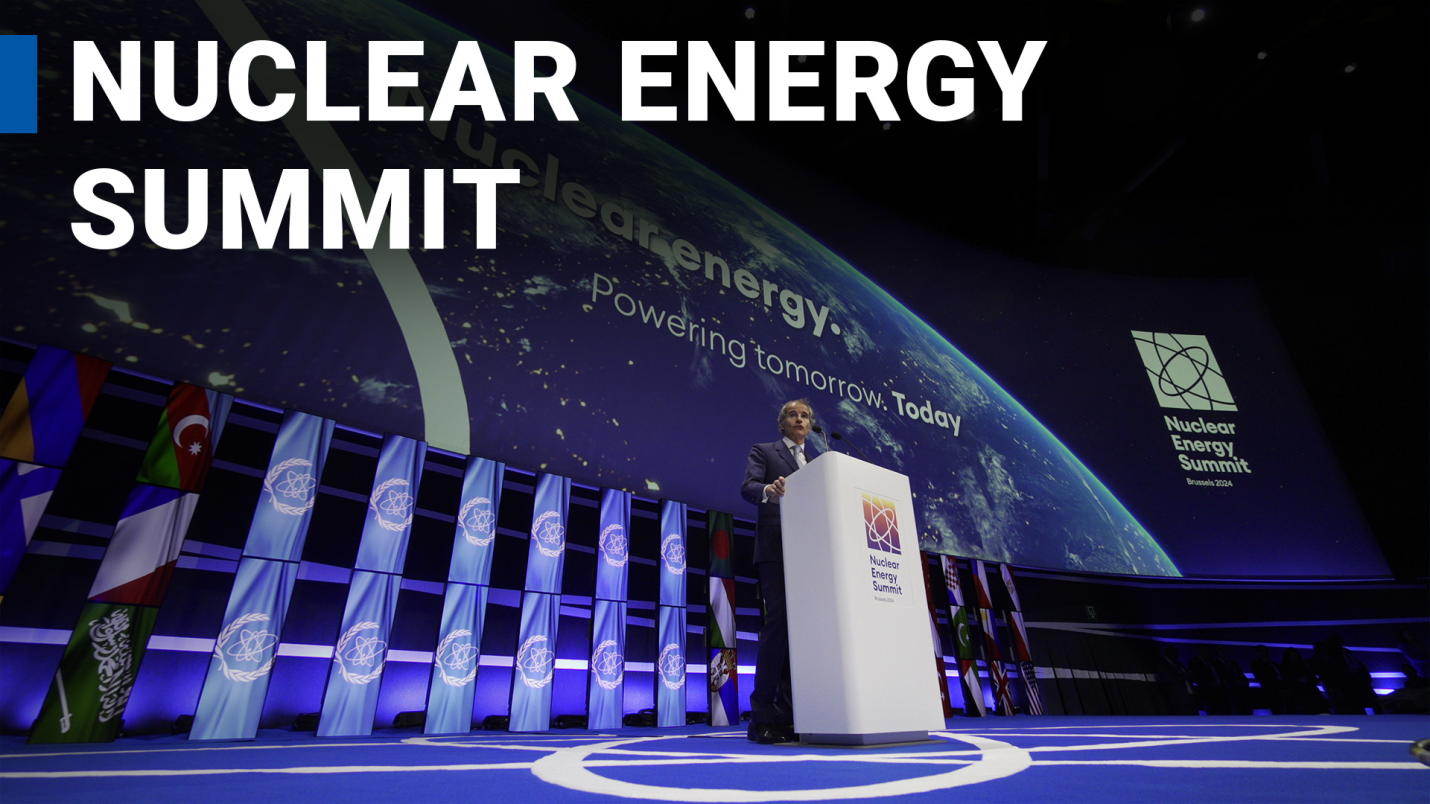

© 2024 iasgyan. All right reserved